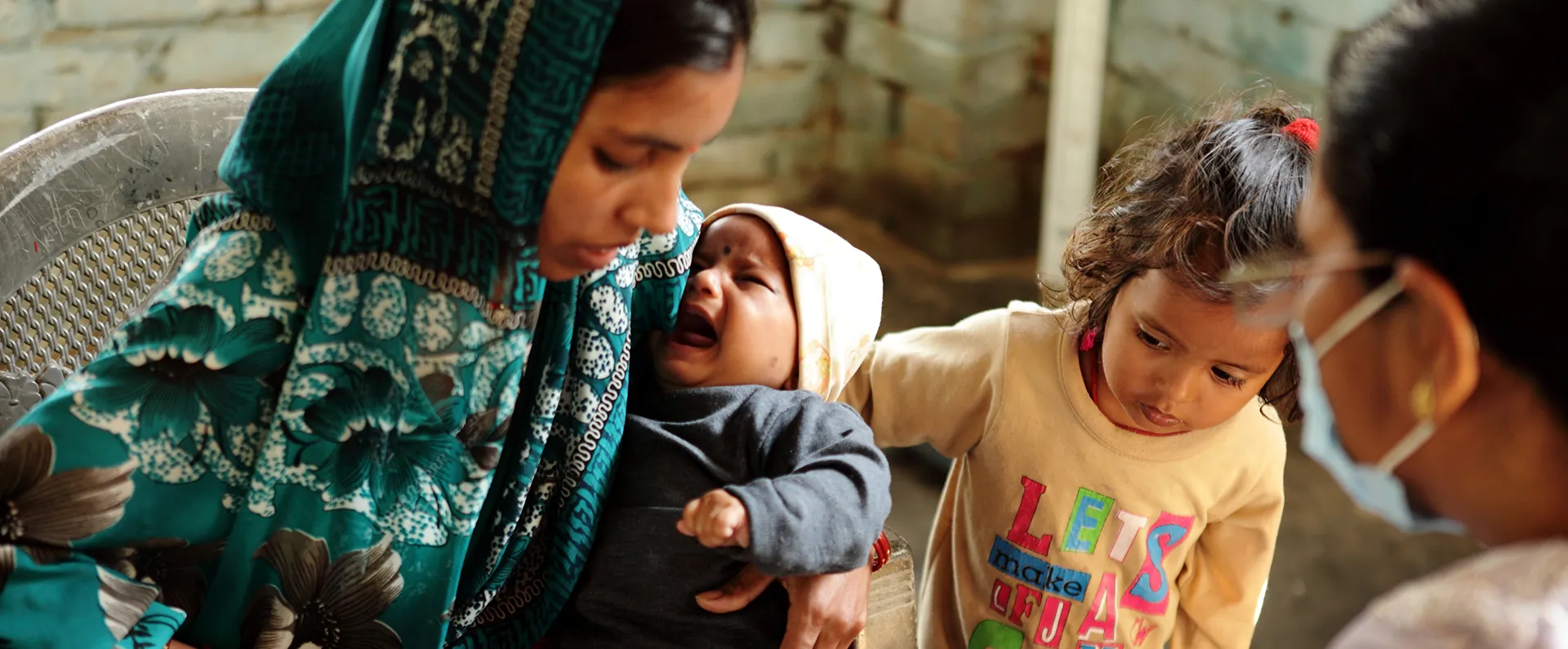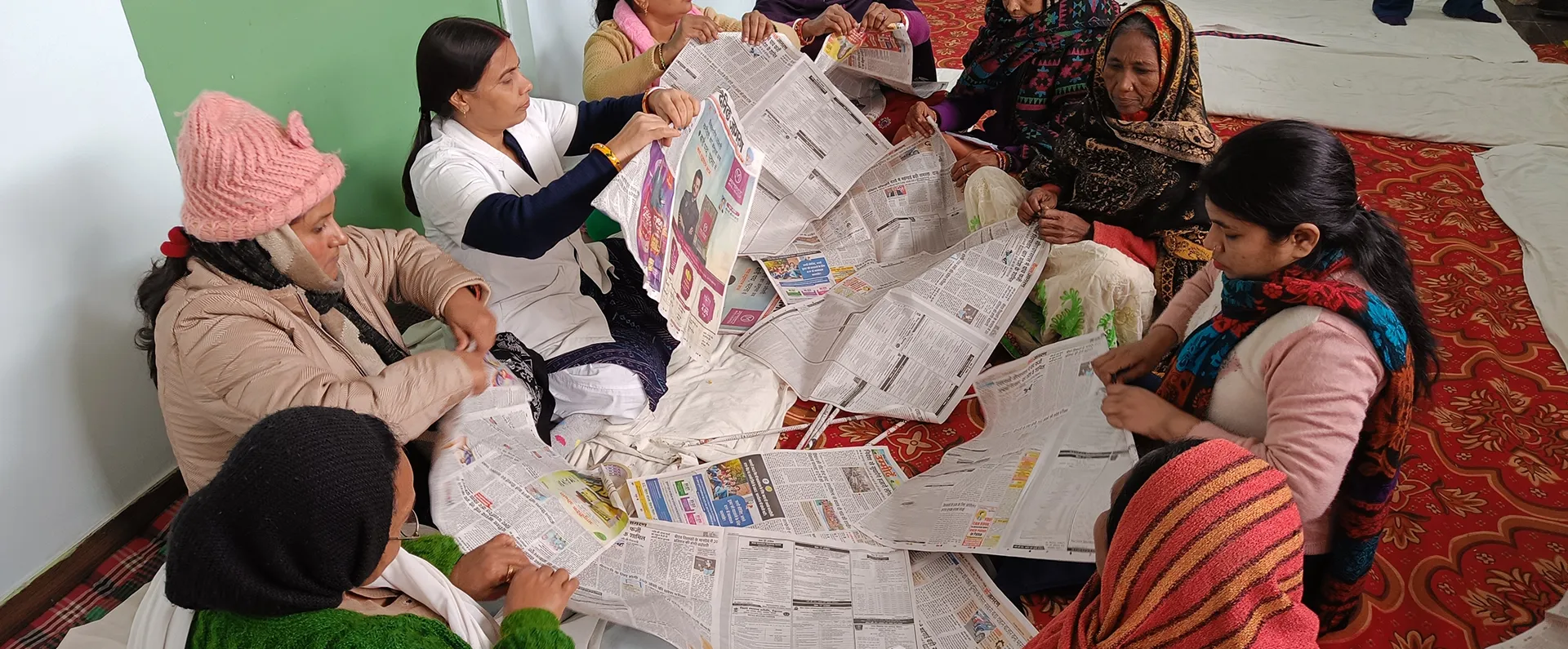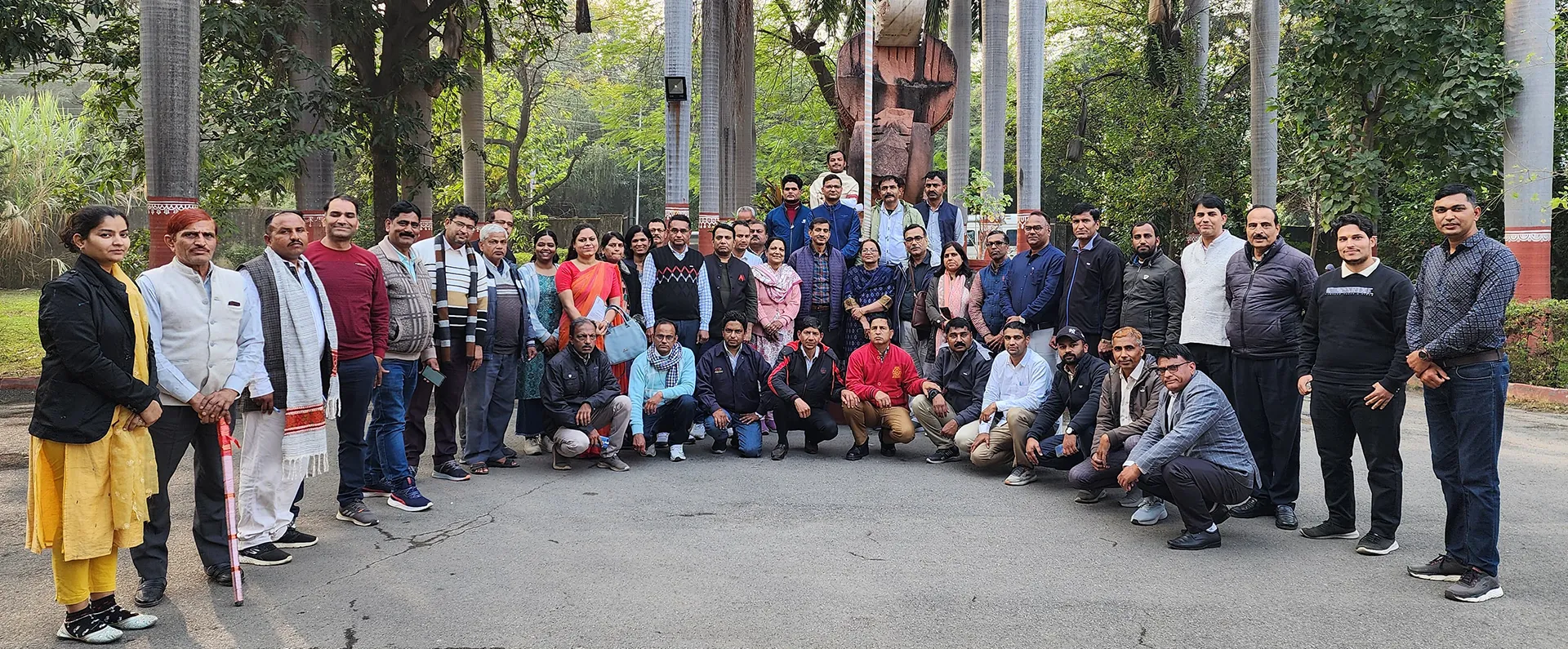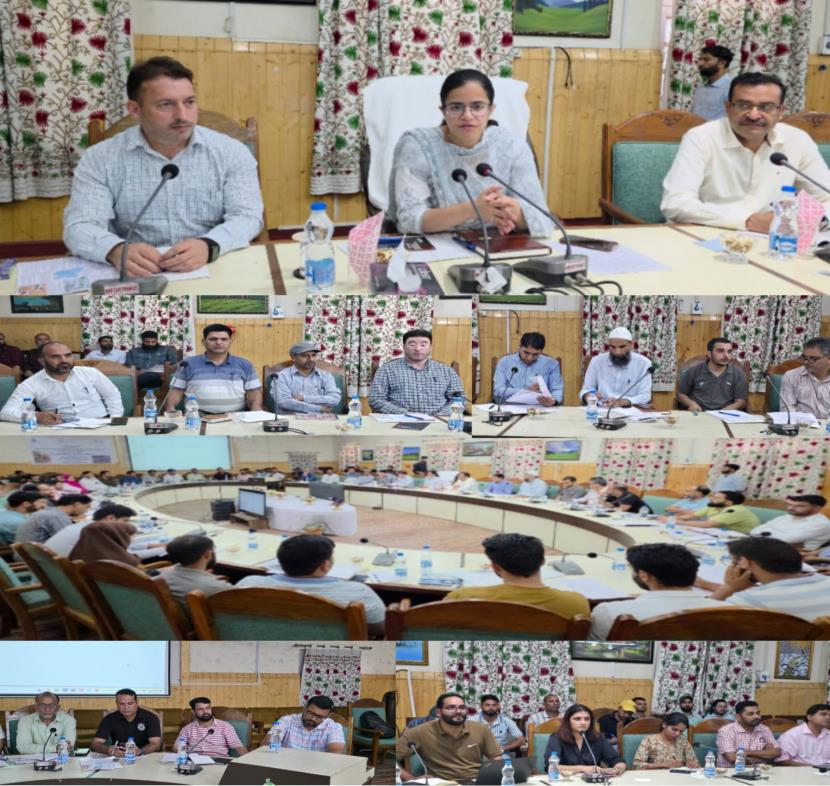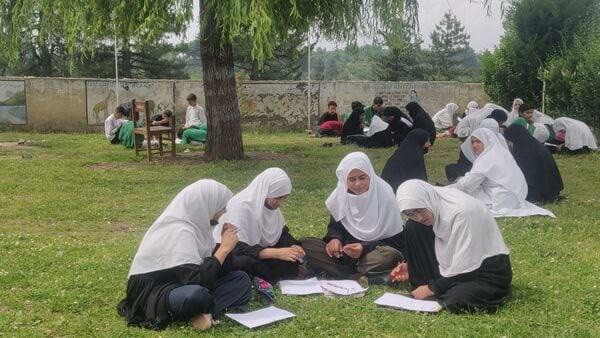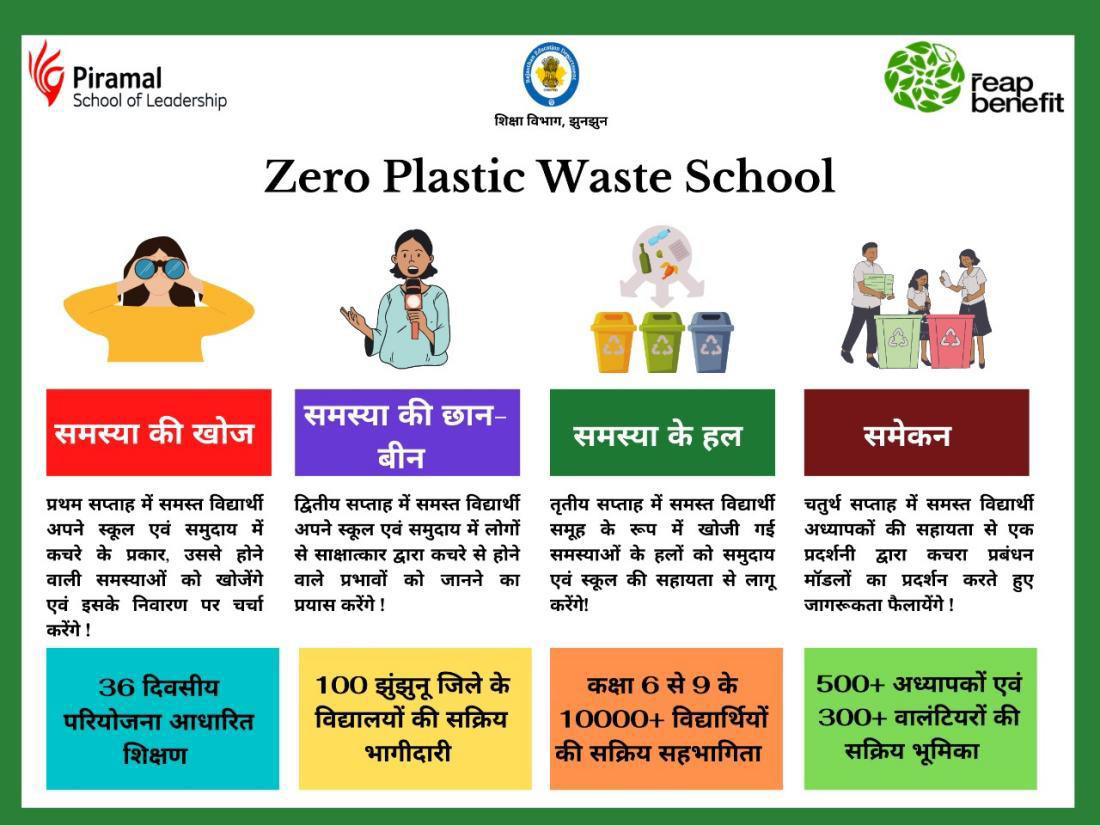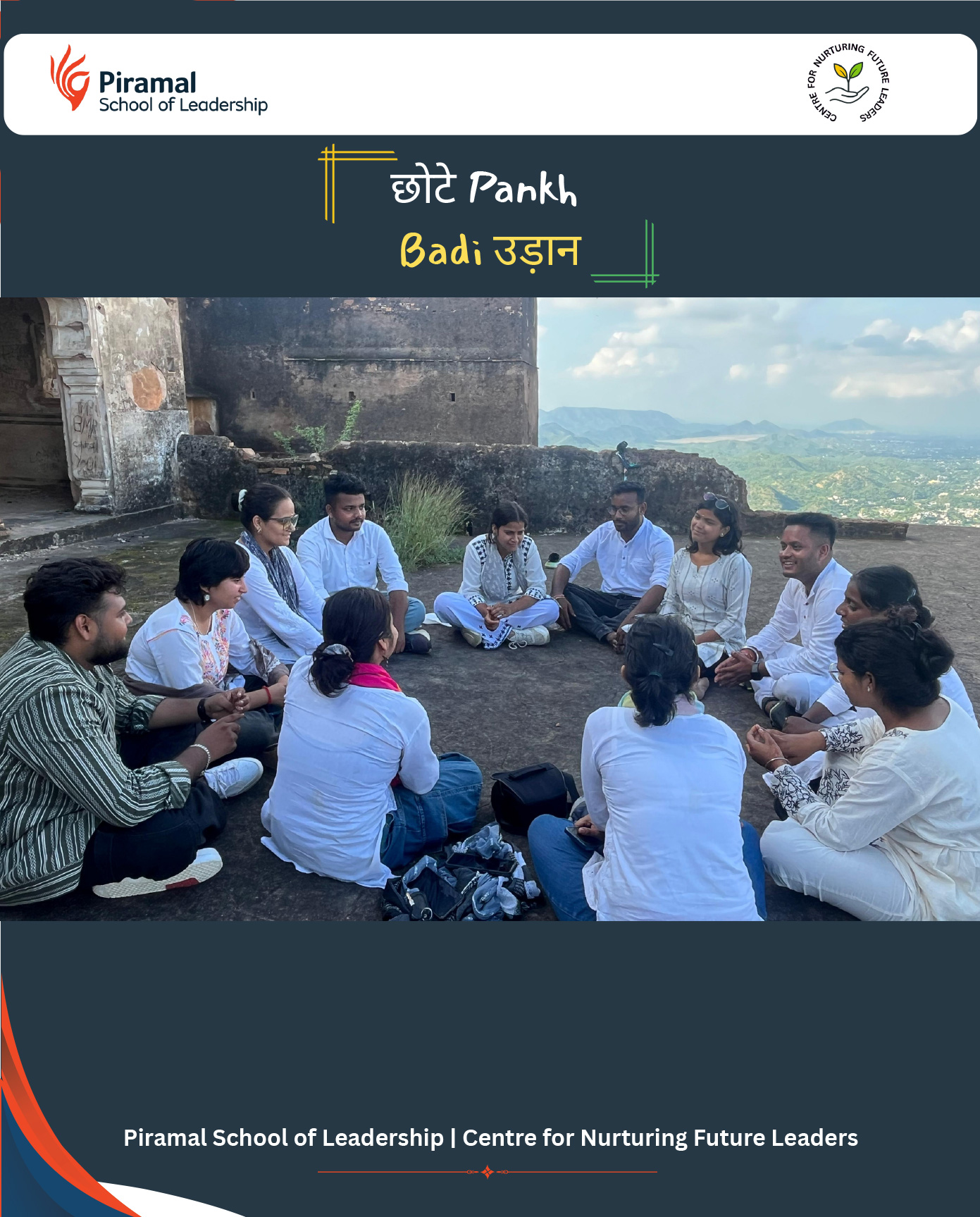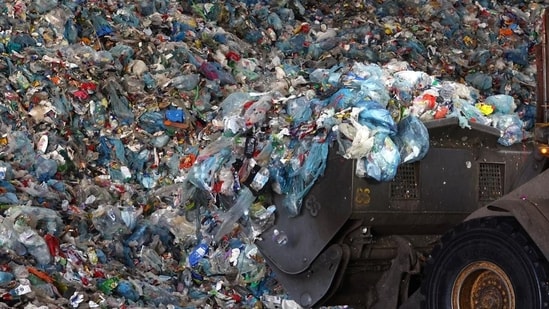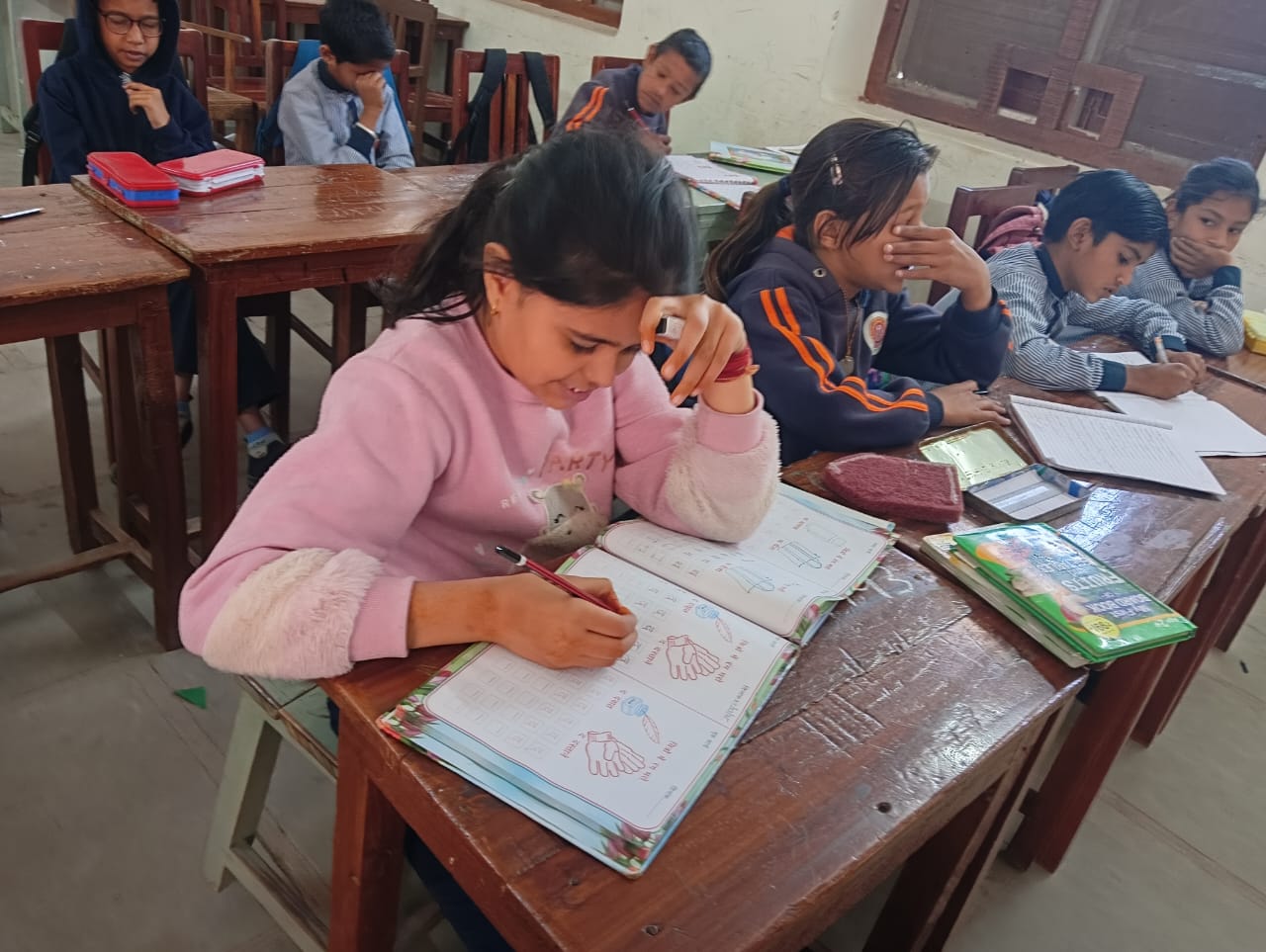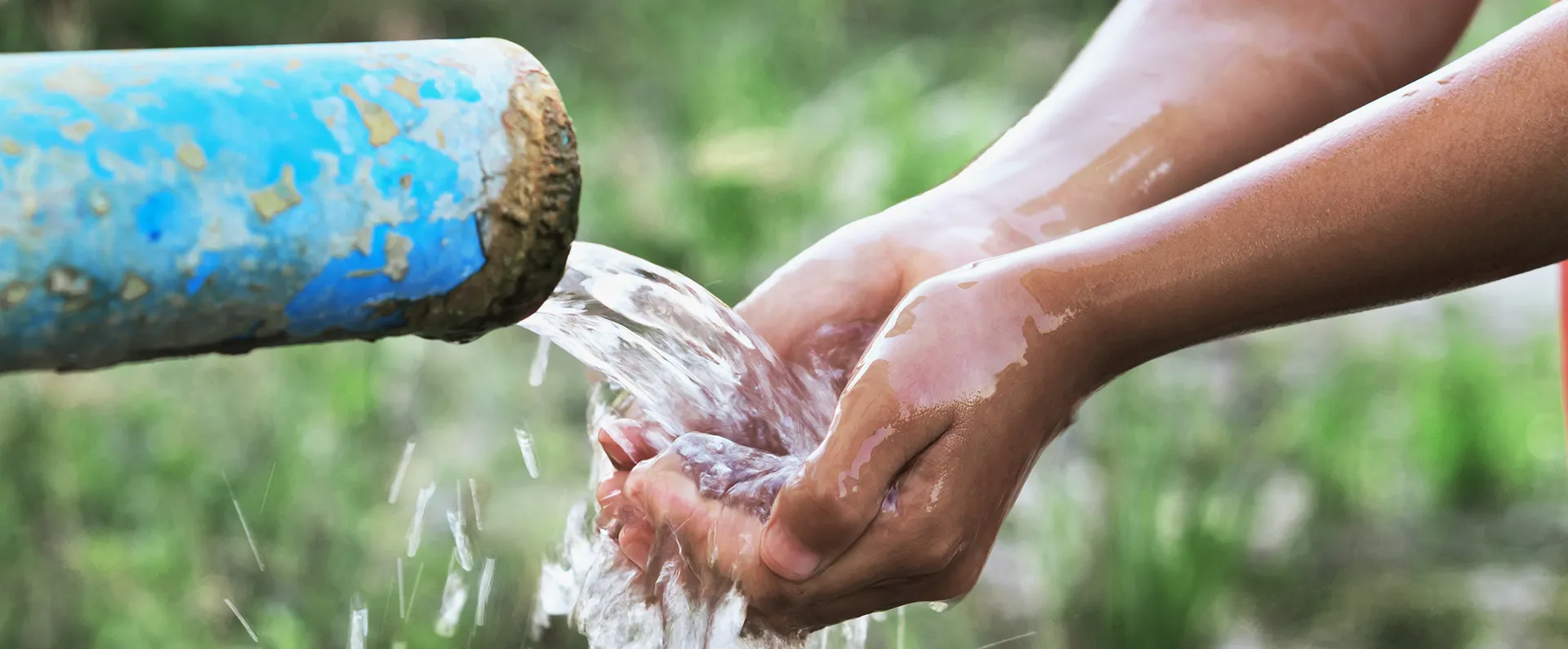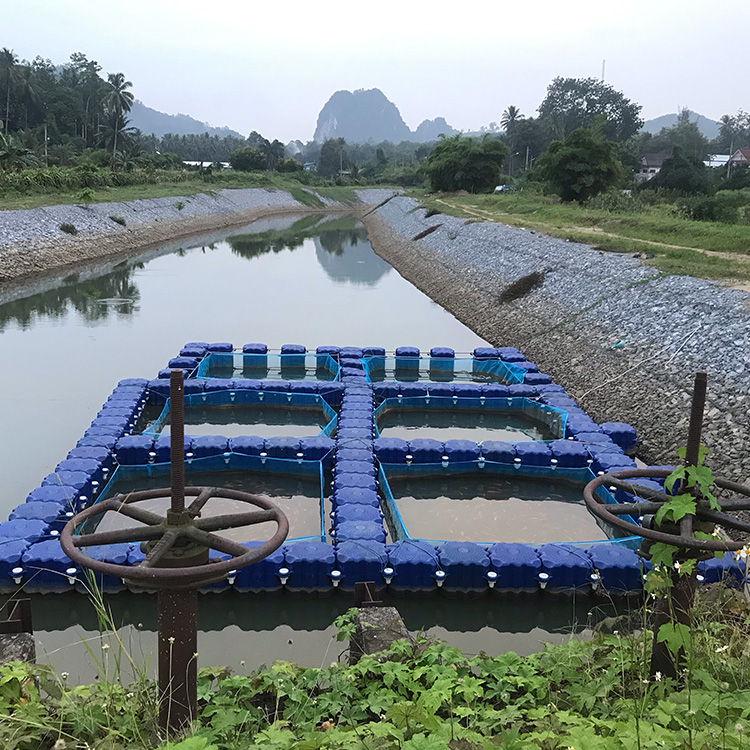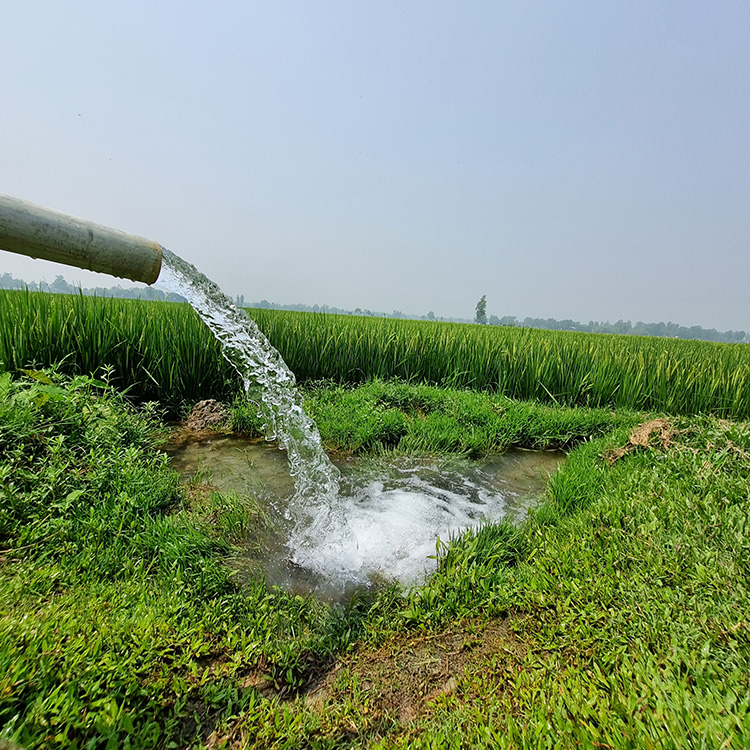Water conservation is foundational to climate adaptation. As water stress intensifies across India—particularly in rural and semi-arid regions—proactive conservation strategies become vital to protect ecosystems, sustain livelihoods, and ensure equitable access to water. Despite receiving sufficient annual rainfall, only 8% is currently being captured, indicating systemic inefficiencies. The School of Climate and Sustainability believes that a shift toward valuing and preserving every drop of water—across households, institutions, and landscapes—is critical for building climate-resilient communities.
Our approach focuses on both supply-side and demand-side interventions. By combining traditional wisdom with modern techniques, and fostering ownership at every level, we aim to embed water consciousness across systems. Scientific and participatory Natural Resource Management (NRM) planning is key to maximizing rainwater capture and ensuring resource equity.
Interventions
We enable community-driven and institutionally supported water conservation by reviving traditional water systems, enhancing storage infrastructure, and promoting sustainable water management practices at the watershed level.
- Support the revival and maintenance of traditional water bodies, the adoption of rainwater harvesting systems, and the development of recharge infrastructure.
- Promote watershed-level planning and decentralized water budgeting to enable localised, data-driven water management.
- Facilitate behavior change initiatives to build community ownership of water conservation.
- Implement groundwater recharge strategies in response to declining water tables in 63% of India’s districts, leading to 4.78 billion litres of water conserved.
- Improve surface water availability through infrastructure and landscape management, mitigating runoff losses and enhancing retention, contributing to an additional 2.41 billion litres of conserved surface water.
- Collaborate with government stakeholders to institutionalize conservation goals in planning, policy, and program execution.
- Build inter-departmental coordination and strengthen the technical and leadership capacity of institutions to scale conservation interventions.
Outcomes
Our integrated water conservation approach has led to the conservation of 7.5 billion litres (BL) of water, advancing resilience and sustainability across water-stressed regions.
- Increased groundwater recharge and surface water retention in ecologically vulnerable areas.
- Reduced dependence on rapidly depleting groundwater reserves.
- Improved availability of water for agriculture and drinking during dry seasons.
- Strengthened institutional capacities and planning systems for long-term water security.
- Enhanced community awareness and ownership of local water resources.
- Contributed to restoring ecological balance and building climate-resilient ecosystems.


